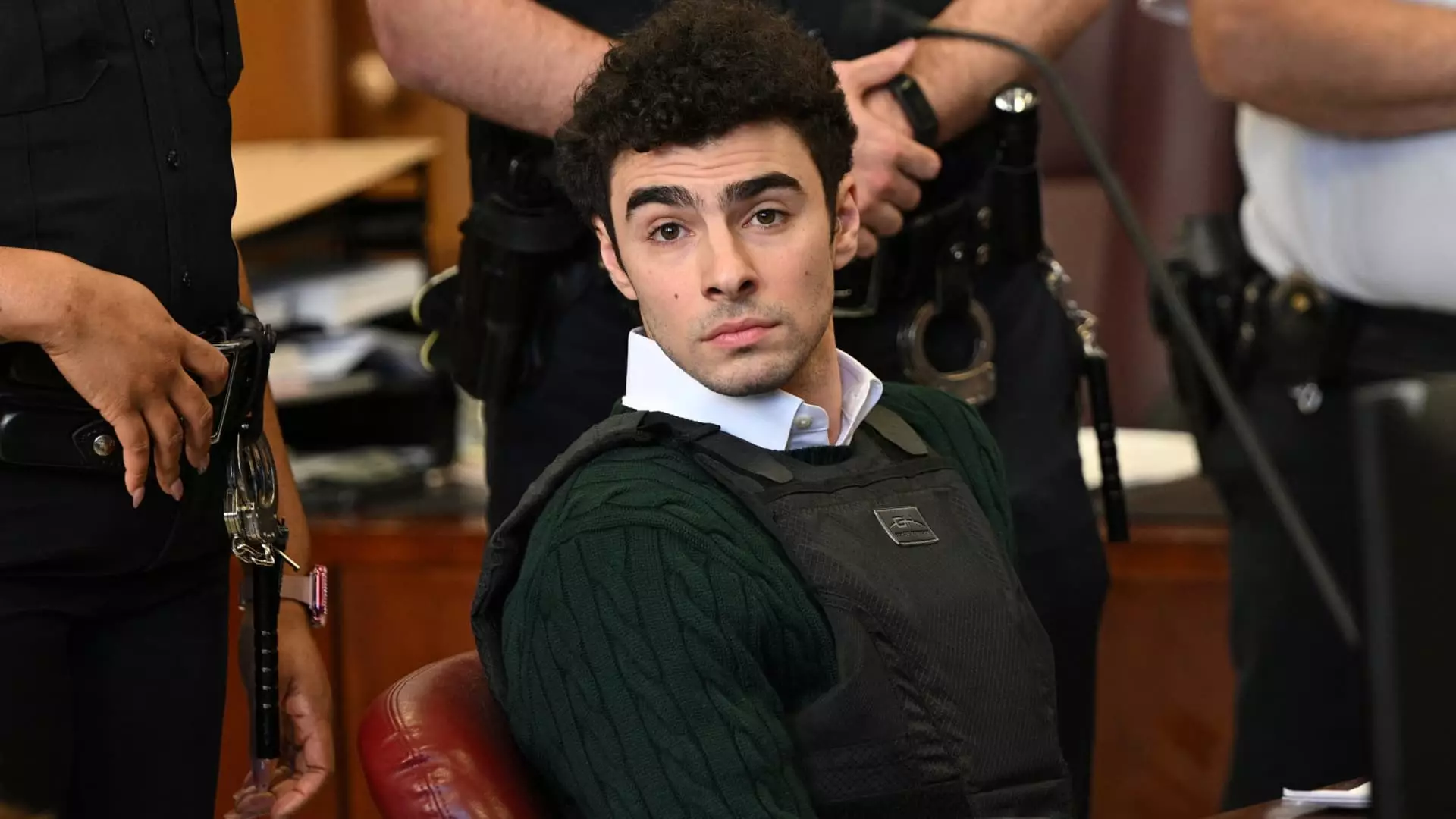The tragic murder of Brian Thompson, the CEO of UnitedHealthcare, is not just a personal tragedy but a damning indictment of how ideological fanaticism can spill over into brutal violence. Luigi Mangione’s alleged actions spotlight a worrying trend where individuals succumb to deeply ingrained resentment, leading them to enact horrific outcomes against symbolically chosen targets. The subsequent court hearings reveal much more than a singular act of violence; they lay bare the monumental consequences of misdirected rage in a society already grappling with divisions exacerbated by the healthcare debate.
In December, the murder of Thompson was particularly jarring, not only due to his status as an industry leader but also owing to the circumstances surrounding his death. As he walked into a Manhattan hotel for what was intended to be a benign investor event, the looming shadow of Mangione materialized in a form devastatingly primal—the hand of a gun wielded by a disgruntled individual. This stark juxtaposition of corporate normalcy and violent extremism provokes a critical examination of our societal fabric.
The Implications of Ideological Motivation
The U.S. government’s decision to seek the death penalty for Mangione reveals an underlying belief that his actions were not just a crime against an individual but a deliberate assault on the healthcare industry itself. The prosecution argues that Thompson was targeted as a symbolic figurehead, a representative of a system that Mangione had grown to abhor. This ideological motivation raises unsettling questions about the environment in which such animosity flourishes.
While it is essential to scrutinize the healthcare system and advocate for substantive changes in policies that impact countless lives, the transformation of legitimate activism into violent retribution signifies a disturbing moral decay. Rather than benefiting the discourse on healthcare reform, this act of violence risks intensifying an already polarized debate. The justice system is now left to grapple with the complexities of a case highlighting both individual accountability and broader societal issues.
The Troubling Role of Media and Public Discourse
Prominent figures in the justice system, like U.S. Attorney General Pam Bondi, have branded Mangione’s actions as “cold-blooded” and shocking. Such powerful rhetoric, while emphasizing the severity of the crime, also poses a risk. High-profile declarations can unintentionally influence public perception and jury members, potentially undermining the integrity of the judicial process. Mangione’s defense team has already argued that public statements have compromised their client’s right to a fair trial, illustrating the fragile balance between seeking justice and maintaining due process.
The warning from Judge Margaret Garnett to refrain from public commentary is a stark reminder of the heavy responsibility borne by those in power. In an age where voices can amplify rapidly via social media and public forums, a single statement can cascade into a torrent of opinion, potentially biasing the very system intended to uphold fairness. The stakes are exceptionally high, particularly in cases invoking the death penalty, which inherently carries its own set of moral and ethical dilemmas.
A Broader Reflection on Violence and Activism
As we navigate the ramifications of this case, it ignites broader conversations surrounding violence as a means of protest. Activism, at its core, aims to bring about change and elevate marginalized voices, yet Mangione’s alleged methods dishonor that mission grotesquely. The tragic irony is that meaningful activism, which demands engagement and dialogue, risks being smothered by the horrifying spectacle of ideological violence.
The specter of Mangione’s actions serves as a wake-up call. While it is vital to highlight and critique the shortcomings of our systems, one must firmly reject the pathway of violence as a method of voicing dissent. The act of murdering an individual in the name of a cause not only dilutes that cause but maligns the very principles of compassion and reform it aspires to uphold.
In a nation grappling with divisive issues surrounding healthcare, this incident underscores the urgency to foster constructive dialogue while unequivocally denouncing violent extremism. Our collective responsibility is to ensure that anger, rather than becoming a weapon, transforms into actionable and peaceful advocacy that can bring about substantial, positive change.

